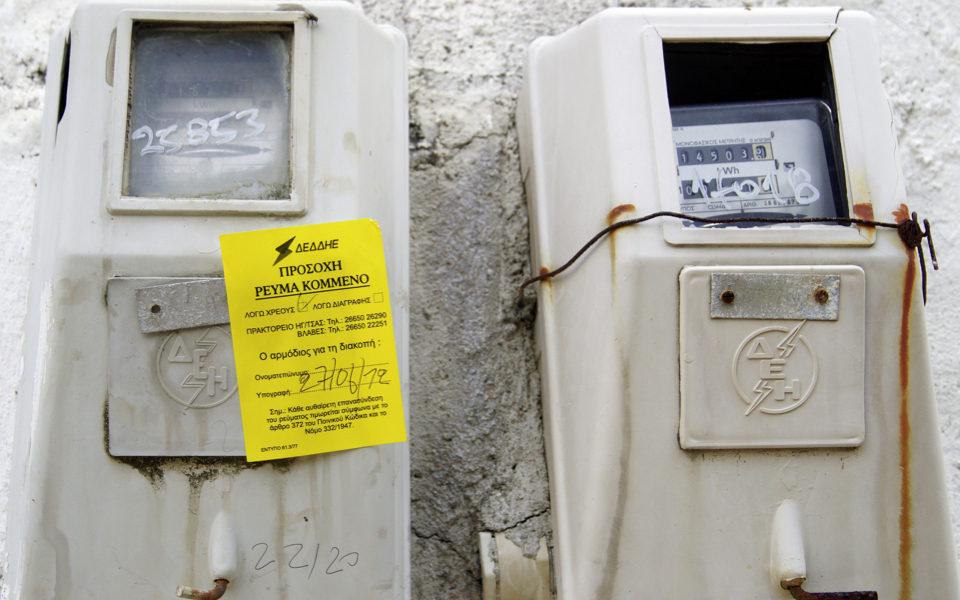Power theft costs millions
Meter tampering is estimated to have cost those who foot the bill almost €210 mln in 2021

Households and corporations paid almost 600 million euros for electricity they did not consume. The above amount corresponds to energy that entered the grid but was lost on its way to the final consumer.
In scientific terms, that energy is described as “network losses” and is divided into two categories: the “technical” loss – i.e. the electricity lost for technical reasons (distance of substations from consumption, network age etc) – and “non-technical,” representing the stolen energy. That latter category relates to the action of people tampering with meters to get a power supply at someone else’s expense – i.e. power theft.
The bill those people should have footed goes to all other consumers, and Regulatory Authority for Energy data show that in 2021 the value of the non-technical loss of electricity amounted to €209 million, against €79.3 million in 2020 and €107.9 million in 2019.
Although the rate of power theft was roughly the same across those three years (with power consumption fluctuating), the cost for consumers was almost three times as high last year as in 2020 due to the rate that RAE determines for the coverage of electricity loss – and that is expected to grow further this year given the high cost of power per kilowatt-hour so far in 2022.
For 2021, households and corporations will pay a sum of €592 million for the loss of power in the medium- and high-voltage networks, of which some 35% regards stolen kilowatt-hours. That power theft would have been significantly less if the electricity grid operator (DEDDIE) had operated efficiently or if smart meters had been installed – a project that has been anticipated for over a decade.
For 2022, the value of the power lost could run up to a considerable €1.2 billion, while almost two thirds of that – an estimated €798 million – would concern power theft.
That loss of power, for any reason, in the Greek grid constitutes one of many domestic factors raising the bills that consumers face in this country – an issue that has yet to be tackled.





